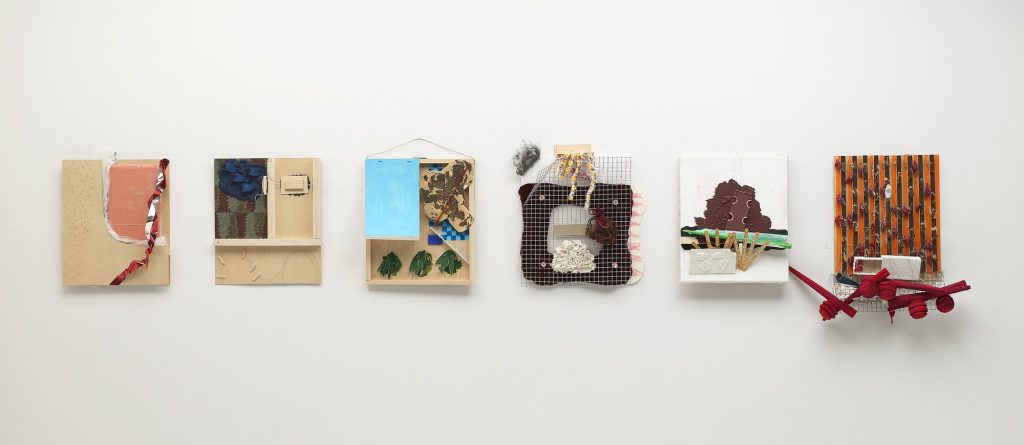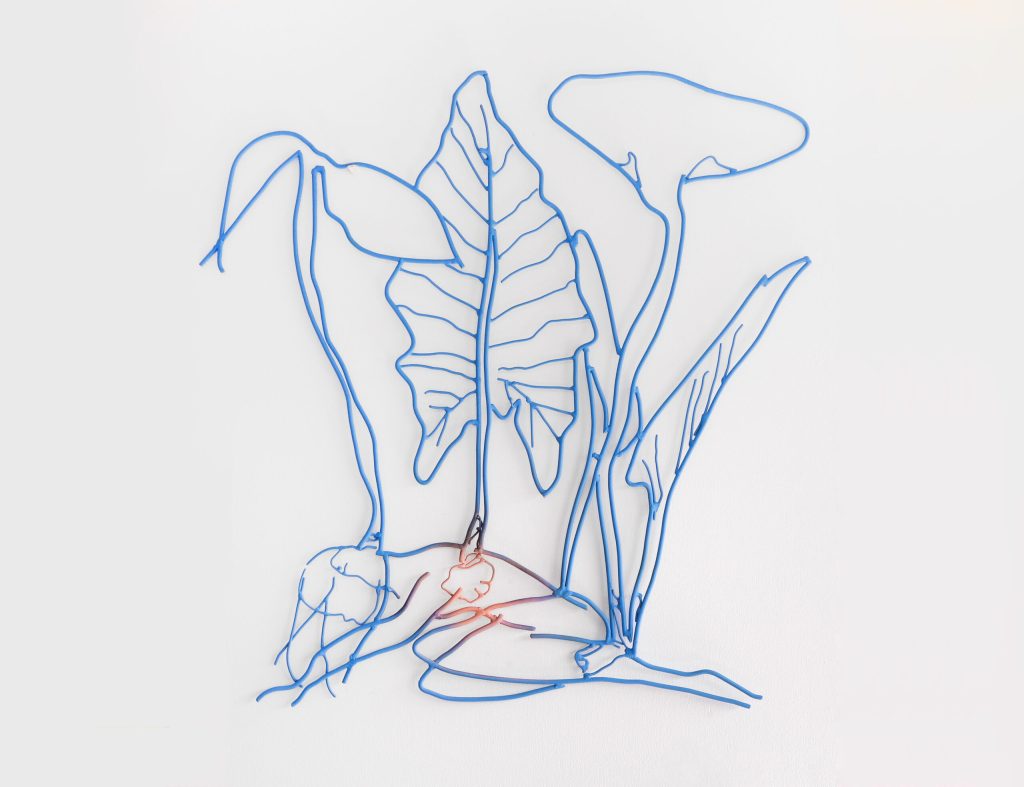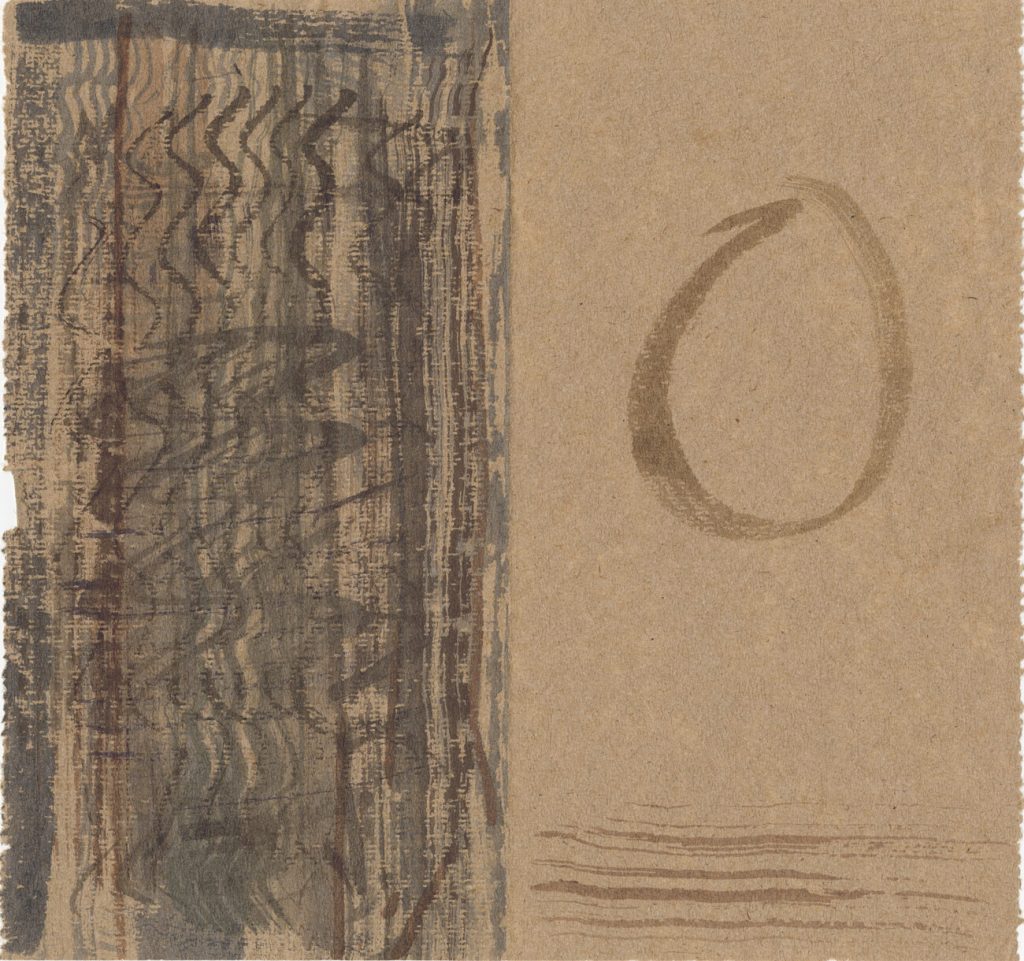Zen philosophy has had a profound influence on minimalist ink art, shaping both the techniques and the aesthetic values of this form of expression. At the heart of Zen art lies the idea of simplicity, balance, and mindful presence, which is reflected in the restrained use of lines and space in ink artworks.
The techniques of minimalist ink art are influenced by the principle of emptiness and fullness, where empty space is not considered passive but an active and equal part of the composition. Artists often use few but decisive brushstrokes, creating a sense of movement and flow. Ink, with its ability to produce fluid and unpredictable forms, perfectly aligns with the philosophy of Zen, which embraces chance and natural development.
The practice of calligraphy, as a part of ink art, is directly connected with Zen. During the process, the artist focuses on the present moment with complete concentration, allowing their natural movement to guide the composition. This element of mindfulness renders each line or ink blot unique and inevitable.
The influence of Zen on minimalist ink art extends beyond aesthetics. It promotes a connection with nature, the elimination of the unnecessary, and an appreciation of the moment. Works created under this influence offer a visual experience that evokes calm and contemplation, while embodying harmony between the human being and the surrounding world.

Richard Tuttle
Richard Tuttle: American artist who, influenced by the aesthetics of Zen, creates works with minimal materials, adhering to simplicity, mindfulness, and the poetics of everyday life. In his minimalist constructions, as well as in the presentation of his work through photography, Tuttle highlights the active presence of emptiness and the significance of accidental composition, incorporating silence, movement, and fragility in a manner reminiscent of the flow of ink in traditional Zen art.
Kei Imazu
Kei Imazu: Her works combine traditional Japanese techniques with contemporary themes, capturing the influence of Zen in composition and aesthetic simplicity.


John Cage
John Cage: American composer and visual artist who, influenced by Zen, created ink works that explore chance and simplicity.






